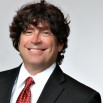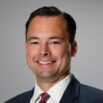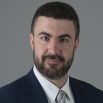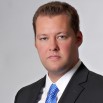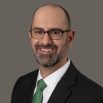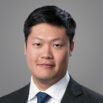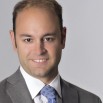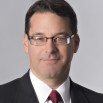February 5, 2020
Only an Expert Can Testify about What Would Be Obvious to a Non-Expert
In HVLPO2, LLC, v. Oxygen Frog, LLC, [2019-1649] (February 5, 2020), the Federal Circuit reversed and remanded the district court’s determination that U.S. Patent Nos. 8,876,941 and 9,372,488 would have been obvious because the district court abused its discretion by admitting lay witness testimony regarding obviousness. The patents are directed to methods and devices for controlling an oxygen-generating system.
At trial, Oxygen Frog argued that the claims were obvious in view of a combination of two prior art references. The author of one of the references, Tyler Piebes, was not qualified as an expert witness, but did provide deposition testimony as a fact witness. HLVPO2, which goes by HVO, objected to Mr. Piebes’ testimony regarding obviousness as improper expert opinion testimony. The district court overruled the objection, and instead gave the jury a limiting instruction prior to playing Mr. Piebes’ deposition testimony.
The Federal Circuit found that under the circumstances, the district court’s limiting instruction was insufficient to cure the substantial prejudice caused by Mr. Piebes’ testimony, and thus the district court abused its discretion by denying a motion for a new trial.
The Federal Circuit noted that Federal Rule of Evidence 702 provides:
A witness who is qualified as an expert by knowledge, skill, experience, training, or education may testify in the form of an opinion or otherwise if:
(a) the expert’s scientific, technical, or other spe-cialized knowledge will help the trier of fact to un-derstand the evidence or to determine a fact in issue; . . .
The Federal Circuit said that this precisely described testimony which would pertain to an obviousness invalidity challenge in a patent trial. The Federal Circuit said that Issues of infringement and validity are analyzed in great part from the perspective of a person of ordinary skill in the art, such that a witness who is not ‘qualified as an expert by knowledge, skill, experience, training, or education’ in the pertinent art cannot assist the trier of fact to understand the evidence or to deter-mine a fact in issue.
Thus, the Federal Circuit said “it is an abuse of discretion to permit a witness to testify as an expert on the issues of non-infringement or invalidity unless that witness is qualified as an expert in the pertinent art.”
The Federal Circuit said that the prohibition of unqualified witness testimony extends to the ultimate conclusions of infringement and validity as well as to the underlying technical questions. A witness not qualified in the pertinent art may not testify as an expert on obviousness, or any of the underlying technical questions, such as the nature of the claimed invention, the scope and content of the prior art, the differences between the claimed invention and the prior art, or the motivation of one of ordinary skill in the art to combine these references to achieve the claimed invention.
Because the district court abused its discretion by admitting lay witness testimony regarding obviousness, the Federal Circuit reversed and remanded for a new trial.


